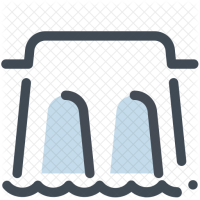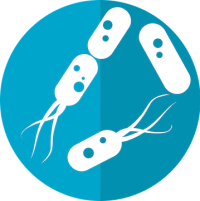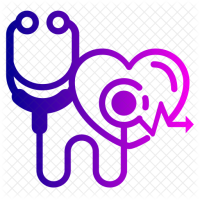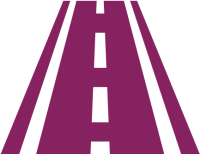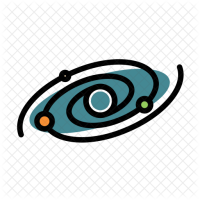Recently, there have been multiple failures of large tailings dams that store mining wastes, around the world, with devastating impacts (e.g., https://en.wikipedia.org/wiki/Brumadinho_dam_disaster). These dams are unique in that they continue to be raised as waste piles up and can get as tall as 400m. The risk and impact of failure increases as the dam gets taller. There are several thousand such dams around the world. The concept of the project is to develop a continuous status monitoring and risk analysis of these dams, automatically, using globally available satellite data from multiple bands, as well as regularly updated climate data products. Overtopping of the dam during an intense or persistent rainfall event is the leading mode of failure. Foundation failure which leads to a liquefaction or deformation of the dam is the second leading failure mode.
